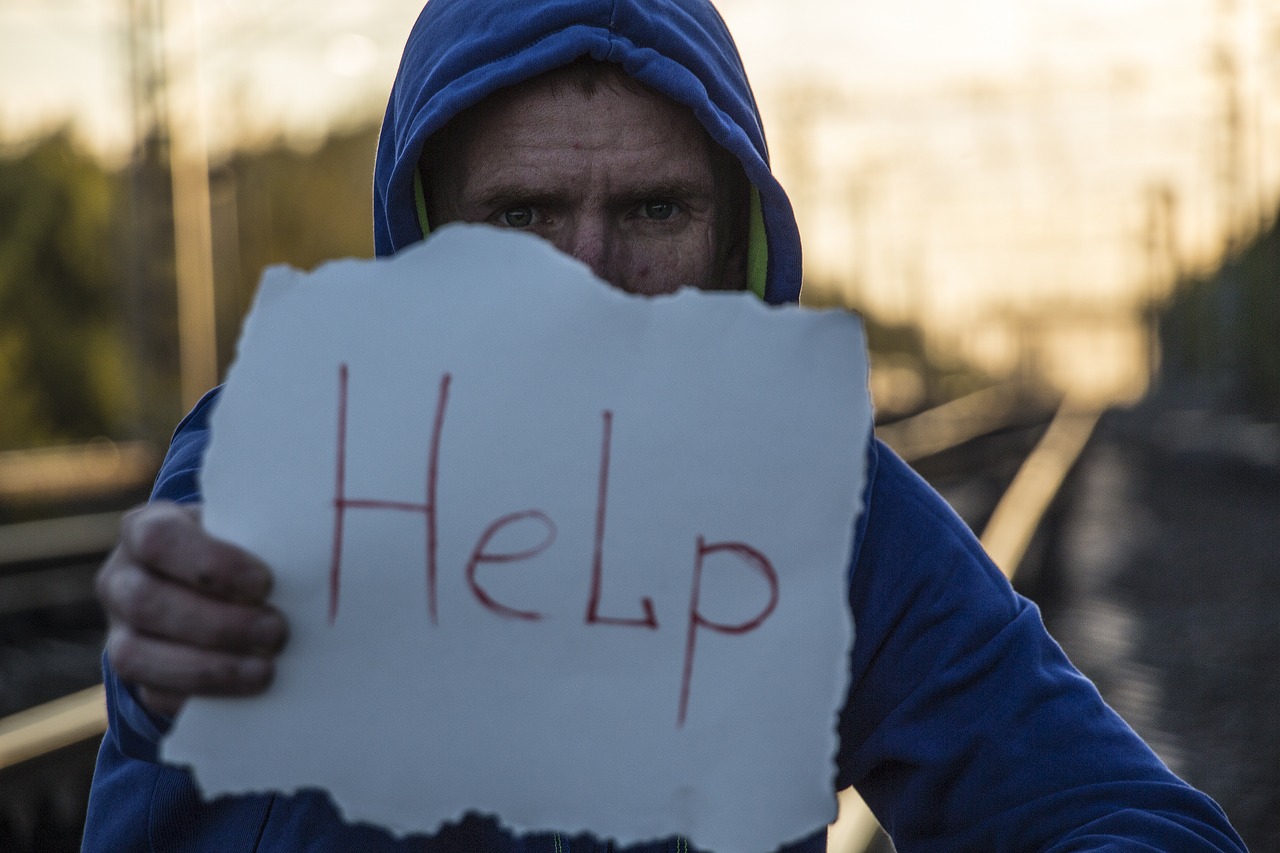Who are traffickers?
There is no evidence that traffickers are more likely to be of a particular race, nationality, gender, or sexual orientation. They may be family members, romantic partners, acquaintances, or strangers.
Who is Most Vulnerable?
Anyone can experience trafficking in any community, just as anyone can be the victim of any kind of crime. While it can happen to anyone, evidence suggests that people of color and LGBTQ+ people are more likely to experience trafficking than other demographic groups. Generational trauma, historic oppression, discrimination, and other societal factors and inequities create community-wide vulnerabilities. Traffickers recognize and take advantage of people who are vulnerable.
People may be vulnerable to trafficking if they:
- Have an unstable living situation
- Have previously experienced other forms of violence such as sexual abuse or domestic violence
- Have run away or are involved in the juvenile justice or child welfare system
- Are undocumented immigrants
- Are facing poverty or economic need
- Have a caregiver or family member who has a substance use issue
- Are addicted to drugs or alcohol

How Traffickers Lure People In
Stories become weapons in the hands of human traffickers — tales of romantic love everlasting or about good jobs and fair wages just over the horizon. Sometimes, the stories themselves raise red flags. Other times, traffickers or potential traffickers may raise red flags during recruitment.

Here are a few situations that might raise concerns:
- A would-be employer refuses to give workers a signed contract or asks them to sign a contract in a language they can’t read.
- A would-be employer collects fees from a potential worker for the “opportunity” to work in a particular job.
- A friend, family member, co-worker, or student is newly showered with gifts or money or otherwise becomes involved in an overwhelming, fast-moving, and asymmetric (e.g., large difference in age or financial status) romantic relationship.
- A friend, family member, or student is a frequent runaway and may be staying with someone who is not their parent or guardian.
- A family member, friend, co-worker, or student is developing a relationship that seems too close with someone they know solely on social media.
- A family member, friend, or student lives with a parent or guardian and shows signs of abuse.
- A family member, friend, or co-worker is offered a job opportunity that seems too good to be true.
- A family member, friend, or co-worker is recruited for an opportunity that requires them to move far away, but their recruiter or prospective employer avoids answering their questions or is reluctant to provide detailed information about the job.